Episode 34: David Reich | Ancient DNA | Click to Listen
You can subscribe to this podcast from any podcast player by typing "After On" in the search window. If you're on an iPhone and use Apple's podcast software, just click here, If you're on a computer, click on that same link – then click the blue “View on iTunes” button (under the After On image on the left side of the page), then click “Subscribe” (in similar location) in the iTunes window.
After On Podcast #34: On Ancient DNA
David Reich is a leading pioneer in the field of ancient DNA. Which is to say, that of our elders – including archaic humans, Neanderthals, and others who lived tens or hundreds of thousands of years ago.
Over the past few years, David and a tiny handful of other scientists have reordered our understanding of humanity’s pre-history. Open questions pondered by generations of archaeologists have been suddenly and definitively answered. Jarring truths no one ever even speculated about have come to light. And vast populations of big-brained cousins of homo sapiens – who had their own art, cultures, and perhaps even religions – have been (quite literally) unearthed.
David Reich
It’s hard to overstate the significance of this work, and the speed with which it’s unfolding. So rapidly, that even electronic scientific journals can’t keep up. It’s prompting one of the biggest shifts ever in our understanding of ourselves as a species. Yet most people are hardly aware of it. It’s all just so recent, and sudden.
David has perhaps done more than anyone else to expand awareness of his nascent field, by writing a sweeping, and accessible survey of ancient DNA and its significance. Called Who We Are and How We Got Here, it’s as up-to-the moment as anything committed to ink and paper this spring can be.
Somebody had to write this – because the complex science David and his peers practice takes some explaining. It has profound ramifications for fields including archaeology, anthropology, and sociology. And perhaps even for medical science – because improbable as it may sound, ancient DNA is revealing things that could save hundreds of thousands of perfectly modern lives per year.
By illuminating the history of geographically disparate groups, David’s work inevitably treads near the politically fraught issue of race. This is not a term David is fond of, as it’s utterly unscientific. But nor is it topic he believes he or his fellow scientists should avoid, or pretend does not exist.
There are many reasons for this. Among them is the fact that almost all the data discovered in their field immediately enters the public domain. This means that campus politics and orthodoxies cannot preclude its broad analysis or discussion. And so, if scientists absent themselves from the conversation about tomorrow’s discoveries – whatever those discoveries may be – David believes this will only leave a vacuum that people with unscientific, antiscientific, or purely political viewpoints will fill.

